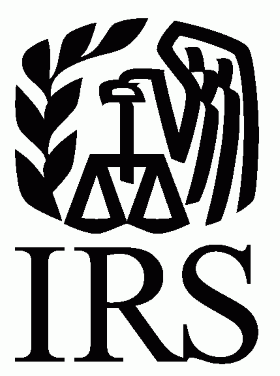IRS Issues Guidance on Parking Expenses for Non-Profit Organizations
In Notice 2018-99, the IRS issued interim guidance on an issue that has vexed not-for-profit organizations since the passage of the Tax Cuts and Jobs Act (TCJA) in December of 2017. Under the TCJA, the payment of Qualified Transportation Fringes (QTFs) by not-for-profit organizations falls under unrelated business taxable income (UBTI) and is subject to a tax of 21%.
organizations since the passage of the Tax Cuts and Jobs Act (TCJA) in December of 2017. Under the TCJA, the payment of Qualified Transportation Fringes (QTFs) by not-for-profit organizations falls under unrelated business taxable income (UBTI) and is subject to a tax of 21%.
The change in the law and its unclear language, coupled with a lack of guidance from the IRS, led to widespread cries to stall the implementation of this provision. This has led the IRS to rule not-for-profits may use a reasonable method for determining the amount of UBTI as it relates to non-deductible parking expenses.
One of the main provisions in the new guidance is a rule that allows many employers to retroactively reduce the amount of their nondeductible parking expenses. Employers now have until March 31, 2019 to change their parking arrangements to reduce or eliminate the number of parking spots they reserve for employees, thus reducing the amount of UBTI they will incur.
Any change in parking arrangements will apply retroactively to January 1, 2018 and may eliminate the need to file a Form 990-T (Exempt Organization Business Income Tax Return) or reduce the tax burden for many tax exempt organizations.
The IRS also issued a related notice (IRS 2018-100) which provides estimated tax penalty relief in 2018 for certain tax-exempt organizations that provided these fringe benefits to employees. In order to take advantage of this relief, the not-for-profit organization needs to timely file and pay the taxes associated with Form 990-T and also not have had a filing requirement for tax year 2017. To claim the waiver, you must write “Notice 2018-100” on the top of the Form 990-T when it is filed. The original guidance still remains that tax-exempt organizations whose income is less than the $1,000 threshold for filing Form 990-T will not have to file and report unrelated business income. The guidance contained in IRS 2018-99 and IRS 2018-100 is considered to be binding until additional guidance is provided or the law is modified.
While the new ruling attempts to minimize the burden placed on tax-exempt organizations, it fails to address the underlying issue of taxing organizations that are excluded from taxation due to their philanthropic service. Senators Chris Coons (D-DE) and James Lankford (R-OK) have recently sent a letter to Treasury Secretary Mnuchin, calling for a delay in the implementation of these new taxes. While this provides relief for nonprofits, the hope is that both of these provisions will ultimately be repealed.
Have questions about your organization’s status under the new guidance? Please contact your Zinner tax professional.





